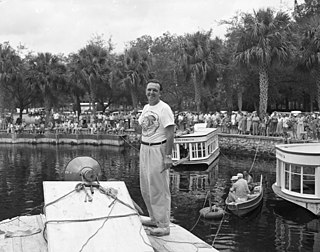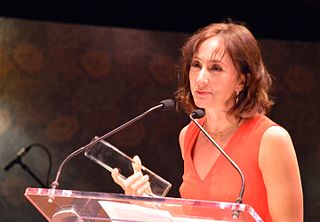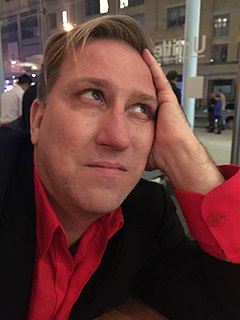A Quote by Goldie
When you go into the studio, you have to know what you're going in there for. I went into the studio because I had a voice and I wanted to change things, and I don't necessarily mean my bank account. The money is almost a B factor, a side product.
Related Quotes
There's a lot of discussion about whether you should be a good live band or a good studio band. I think you can use the studio to make a great "studio record" and not necessarily have to reproduce exactly that on stage, but still be a great "live band." Having said that, if what you're going for is just the raw capture of your live sound, then that's cool, too - go for it! I enjoy working in the studio, though, and while I try to get near to an approximation of what's going on onstage, it's not my first priority usually.
I do think it's possible for me to go back to the studio, and for a lot of women filmmakers to be going back into studio filmmaking with a different sense of their own agency, and a different sense of the respect that they can command. When you asked the question about whether women want to be making big studio movies, the answer is almost always yes. It's just, how do they want to be treated? What is that experience going to be? And if you know the experience is gonna be shitty going into it, I personally am at a place where I'm not willing to punish myself any longer.
I had no idea about where I was going. I had no sense of art as anything other than a problem to be fixed, you know, an itch to be scratched. I was in that studio trying my best to feel content with myself. I had, like, a stipend. I had a place to sleep. I had a studio to work in. I had nothing else to think about, you know. And that's - that was a huge luxury in New York City.
My partner sometimes liked to go into the studio and improvise voice things just for fun. When I returned from England I transcribed one of her melodies, and had some of the hospice participants sing it, because they said they liked to sing. Their singing is very raw, but I'm going to use it for the final work.
We like the ambiance and atmosphere, and we felt really early that... I mean, of course, Air is an electronic band, but we are doing so many real recordings and the studio is so important for the sound. The acoustics create atmosphere and emotion. Also we want to be independent, we don't want to be obliged to go into a commercial studio and only stay one week because it's really expensive. We want to be able to give a chance to a song, and to spend a lot of time in the studio.




































